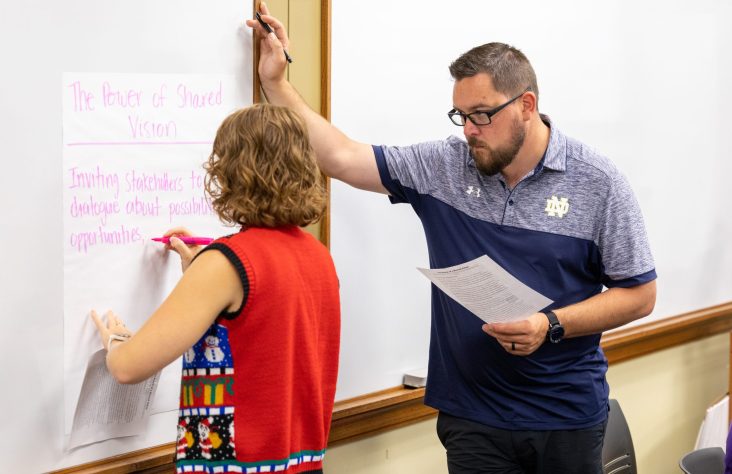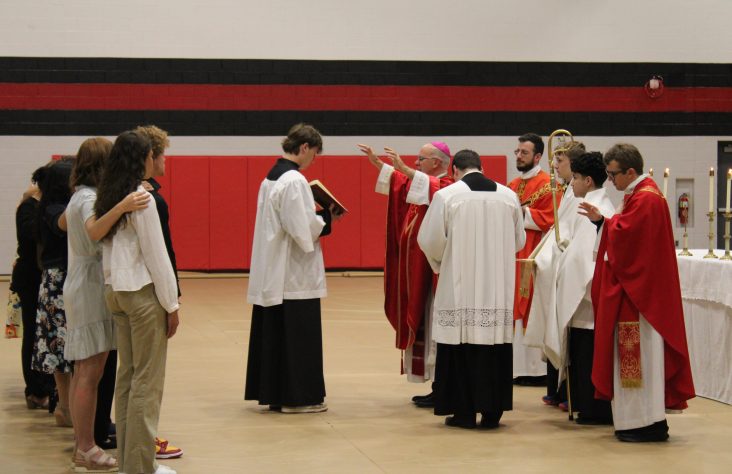November 15, 2017 // Perspective
Making peace with the metronome
The metronome is an instrument that makes the “click-clack, click-clack” sound as it swings its arm to keep tempo for musicians. It could be the companion to great musicianship or, for me, an annoyance which I thought I had banished forever.
Well, forever lasted long enough: one shy of 50 years.
Piano lessons started for me when I was 4 years old. Mrs. Wu, the teacher, came to our home to give lessons to my three older sisters. One day, my parents felt that I should begin. I was totally scared, unready and unwilling. I was too little to reach the piano bench and needed a step stool. There were no histrionics and no tantrum; I simply wet my pants.
The prospect of the Woo Sisters Quartet never quite materialized. Gradually the others quit and my father decided that I should stay the course to recoup his investments on the piano and the lessons. I never embraced piano lessons and practiced the minimum to keep out of trouble.
Mrs. Wu was an exacting teacher, setting high standards to be verified through annual competitions and grade progressions certified by the London Royal School of Music. I lost sleep before these events and never invited my parents to attend. Mistakes during lessons were met with the rapping of knuckles from Mrs. Wu’s pencil.
These were painful and humiliating, and I withdrew further in interest, spirits and effort. The metronome epitomized our struggles: It beat out perfect tempo that intimidated and completely distracted me.
I turned 14 and read about self-agency. My first application was to stop piano lessons without consulting or informing my parents. When my father found out months later, he did not speak to me for a week.
Fast forward 50 years. In my “re-firement,” piano lessons top the list of priorities! In these interim years, I have discovered the incredible power of music on me. It always brings joy even in the haunting riffs and mellow notes of “sad songs” that ultimately celebrate beauty, love, our humanity, fragility, bonds, dreams: all those footprints on our heart.
When a piano melody comes on the radio, my fingers would somehow tap the imaginary keys on my steering wheel or table. There is a sense of something unfinished from my prior lessons: I want a happier ending.
I also came to understand Mrs. Wu in a different light, as a victim of a political revolution. In the 1950s, Mrs. Wu and her husband were the elites of their societies: one an engineer, the other a musician. They and their six children thus became the targets of the class struggle in China’s communist revolution.
Mrs. Wu left China for Hong Kong on the pretense of attending to a sick relative, with a game plan to get the others out. Her children and husband were eventually given permission to leave, but only 30 years later and after Mr. Wu had spent a lifetime in confinement.
When our sons were young and rejected the idea of piano lessons, I obliged. Today in their 30s, both would love to be able to play. They wonder why I would bend to a child’s thoughtless response.
Coming full circle, I now utilize a metronome (an app) on a Mozart duet that my current piano teacher had waited 18 years for a willing student to play with her. She is a cancer survivor, and I am happy to make this possible for her.
For this Thanksgiving, I thank God for fingers that are not taken by arthritis, for the ironies of our lives, the battles and new understanding, for how music imparts His grace. I am grateful for second chances.
The best news. Delivered to your inbox.
Subscribe to our mailing list today.





